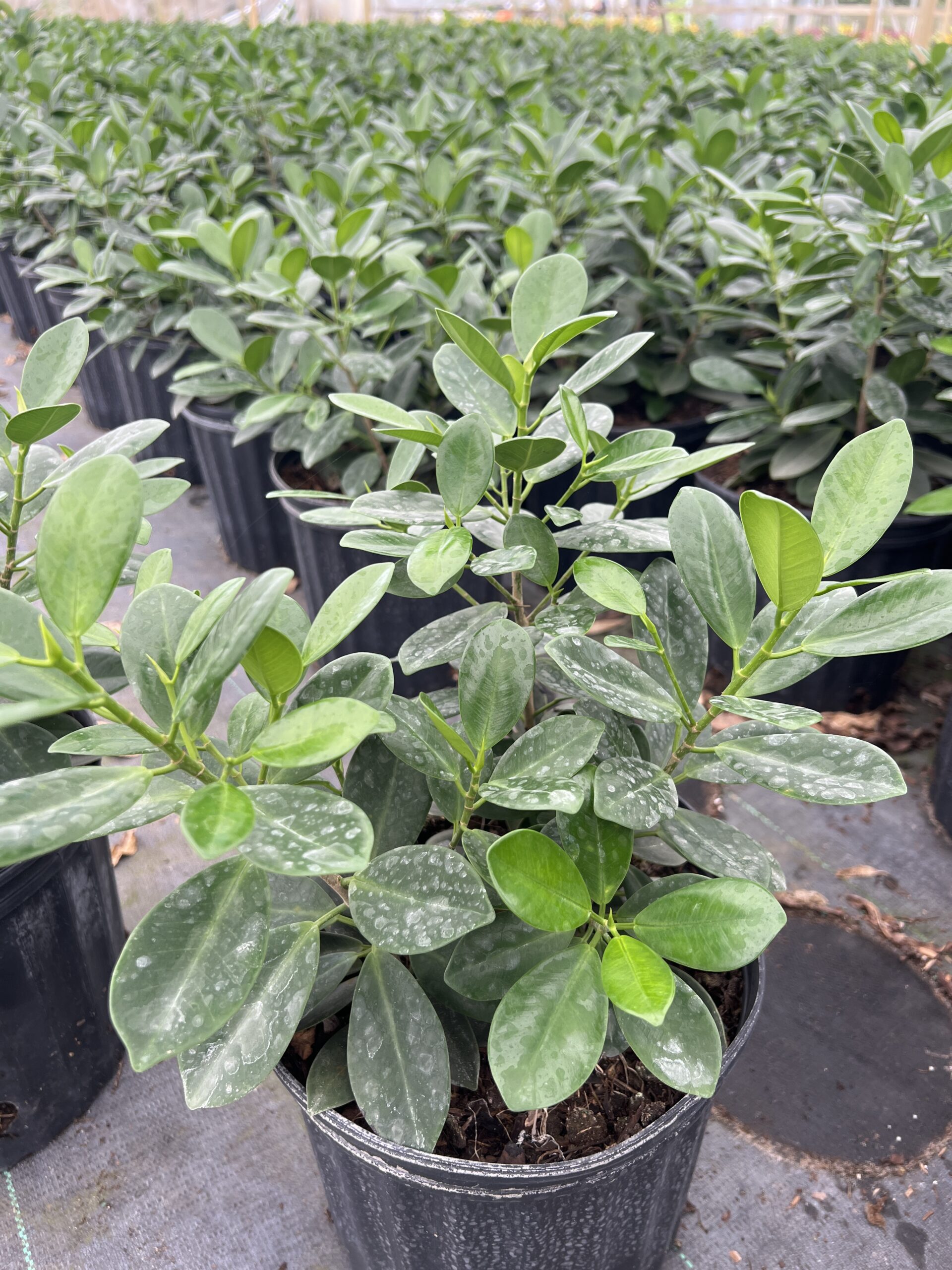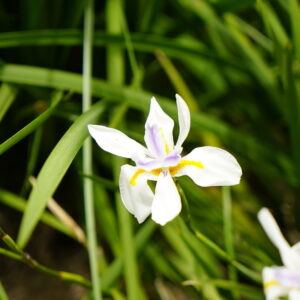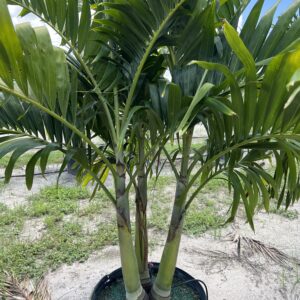Green Island Ficus
Green Island Ficus, or Ficus microcarpa, is a compact evergreen shrub prized for its glossy green foliage. It thrives in warm, tropical climates and can be grown outdoors in USDA hardiness zones 9 to 11. Alternatively, it makes an excellent houseplant or bonsai in cooler regions. Provide bright, indirect light, consistently moist soil, and regular fertilization during the growing season. Pruning helps maintain its compact shape.
$22.63 – $49.00Price range: $22.63 through $49.00
Related products
-
All Products
African Iris
$20.37 This product has multiple variants. The options may be chosen on the product page -
All Products
Christmas Palm Triple Headed
$905.45 This product has multiple variants. The options may be chosen on the product page
Green Island Ficus, scientifically known as Ficus microcarpa, is a popular evergreen shrub or small tree prized for its lush foliage and ease of care. Here’s a concise summary:
Color: The foliage of Green Island Ficus is glossy green, with small, oval-shaped leaves that grow densely on the plant, creating a compact appearance.
Climate: Green Island Ficus thrives in warm, tropical or subtropical climates. It prefers temperatures between 65°F to 85°F (18°C to 29°C) and requires high humidity levels. It can be grown outdoors in USDA hardiness zones 9 to 11 but is commonly cultivated as a houseplant or bonsai in cooler climates.
Size: As a shrub, Green Island Ficus typically grows to a height and spread of 2 to 4 feet (0.6 to 1.2 meters), though it can be pruned to maintain a smaller size. In optimal conditions, it can also be trained as a small tree, reaching heights of up to 6 to 10 feet (1.8 to 3 meters).
Care:
Light: Green Island Ficus thrives in bright, indirect light but can tolerate partial shade. Avoid placing it in direct sunlight for extended periods, as this can scorch the leaves.
Watering: Keep the soil consistently moist but not waterlogged. Water thoroughly when the top inch of soil feels dry, and ensure proper drainage to prevent root rot.
Soil: Plant Green Island Ficus in well-draining, fertile soil rich in organic matter. A standard potting mix works well for container-grown plants.
Fertilization: Feed Green Island Ficus with a balanced, water-soluble fertilizer diluted to half strength every 4 to 6 weeks during the growing season (spring and summer). Reduce or stop fertilizing in fall and winter when growth slows.
Pruning: Regular pruning helps maintain the plant’s compact shape and promotes bushier growth. Remove any dead or yellowing leaves, as well as leggy or overgrown stems.
Hardiness Zone: Green Island Ficus is suitable for USDA hardiness zones 9 to 11 when grown outdoors. In cooler climates, it can be grown indoors as a houseplant or bonsai.
| Size | 3 Gallon, 7 Gallon |
|---|



